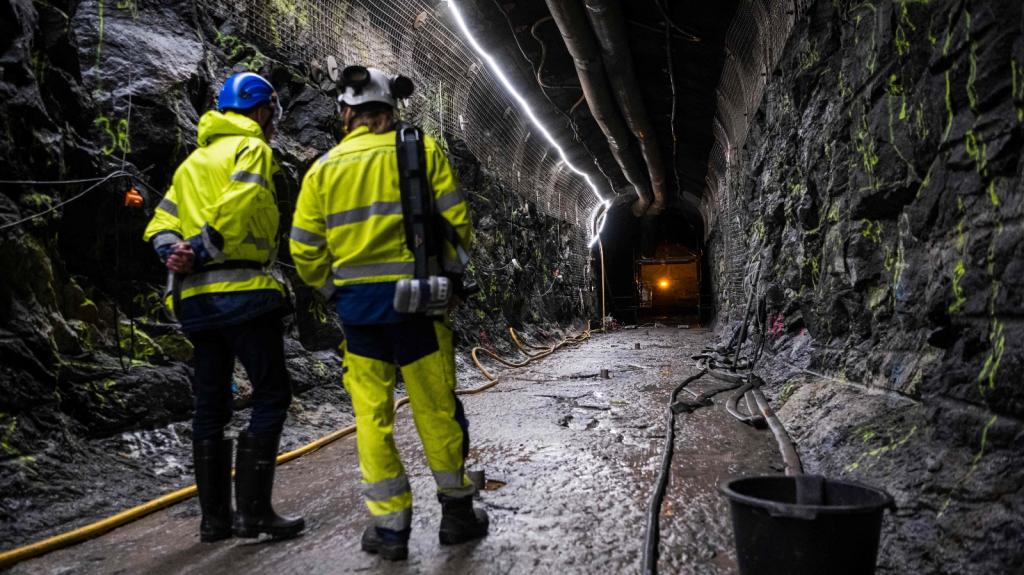Way back in March, Brazilian beef-packing behemoth JBS finished an extraordinary lunge into the U.S. market, having snapped up Swift, National Beef Packing, and the beef assets of Smithfield — the nation’s third-, fourth- and fifth-biggest beef packers.
If the deals were approved by U.S. antitrust authorities — and nothing in recent history suggested they wouldn’t be — JBS would own more than a third of the U.S. beef market. And just three firms — JBS, Tyson, and Cargill — would slaughter something like 90 percent of beef cows raised in the United States.
Well, the unthinkable has happened. The Bush Justice Department — possibly the most disgraced federal agency this side of FEMA — has sued to block JBS’ takeover of National Beefpacking, joined by attorneys general for 13 states, the Associated Press reports.
From the AP:
The lawsuit says JBS’s buyout of National Beef "would complete a fundamental restructuring of the United States beef-packing industry." The suit says it would not only lead to higher prices for U.S. consumers but also lower prices for cattle producers, ranchers and feedlots.
The bold-faced bit is the extraordinary part. For decades now, antitrust law has focused almost exclusively on how market concentration affects consumers. As long as corporate giants can show that they’re charging low prices to consumers, authorities have looked the other way while markets concentrate to stratospheric levels.
As a result, in many industries — including food — profit growth has been driven by keeping consumer prices low while continually squeezing suppliers. This sort of power is called monopsony. Wal-Mart and Dell Computer are examples of companies who mastered this game. Meat giants like Tyson, Cargill, and Smithfield are others; their suppliers are farmers.
Super-concentration leads to razor-thin margins for farmers and small meatpackers, which in turn leads to all manner of corners being cut. The recent string of public-health scares around meat needs to be seen in this context, as do the industry’s deplorable environmental, labor, and animal-welfare records.
That the Department of Justice is citing monopsony concerns in this case is extremely encouraging. I hope it starts a trend.


